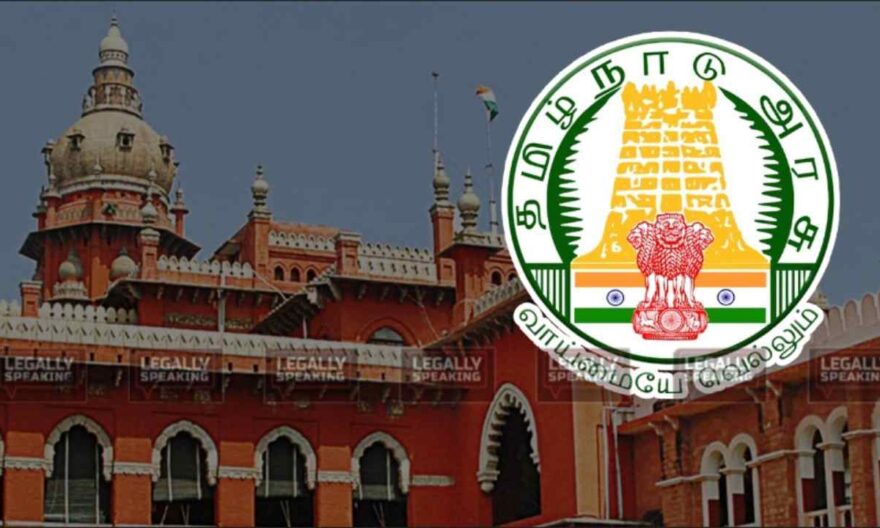
The Madras High Court recently declared two notifications issued by the Tamil Nadu government as invalid, citing their basis in Central Rules previously deemed unconstitutional by the Bombay High Court.
A division bench of Justice R Subramanian and Justice L Victoria Gowri emphasized that once a provision of a Central Law or Rule is held unconstitutional by a High Court, it stands nullified nationwide.
The Court referenced the Supreme Court’s ruling in Kusum Ingots & Alloys Ltd v. Union of India, reaffirming this principle.
The challenged notifications, issued in July 2022, pertained to appointments to the District and State Consumer Disputes Redressal Commissions. These notifications were based on the Consumer Protection (Qualification for Appointment, Method of recruitment, Procedure of Appointment, Term of Office, Resignation and Removal of President and Member of the State Commission and District Commission) Rules, 2020, which were previously invalidated by the Bombay High Court in September 2021 and subsequently upheld by the Supreme Court in March 2023.
The petitioner, V Sundararaj, argued against the constitutionality of certain provisions within the Rules. The Tamil Nadu government contended that its notifications were in line with the law and compliant with a Supreme Court judgment calling for the filling of vacancies in consumer fora.
However, the Madras High Court ruled that the notifications issued 10 months after the Bombay High Court judgment were invalid throughout the country, not just within the territorial jurisdiction of the Bombay High Court. Consequently, the Court quashed the notifications and highlighted that any subsequent selection process based on these notifications would be affected as well.




